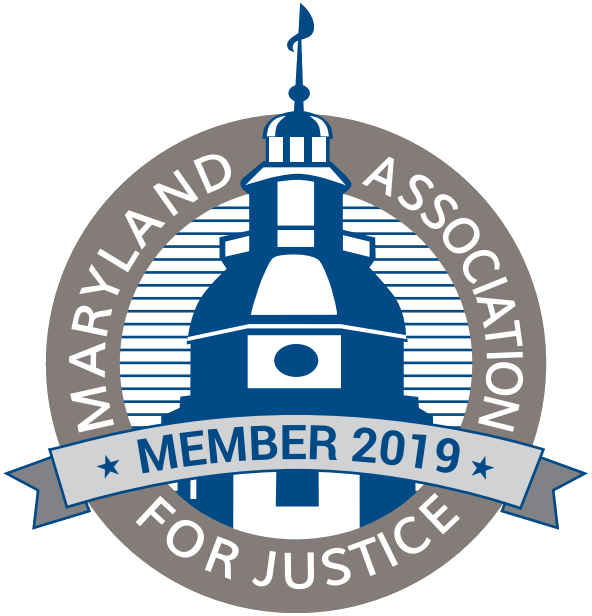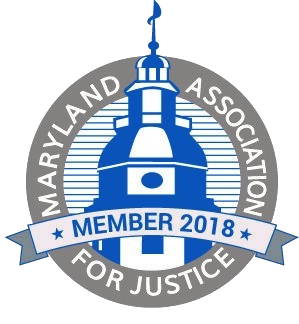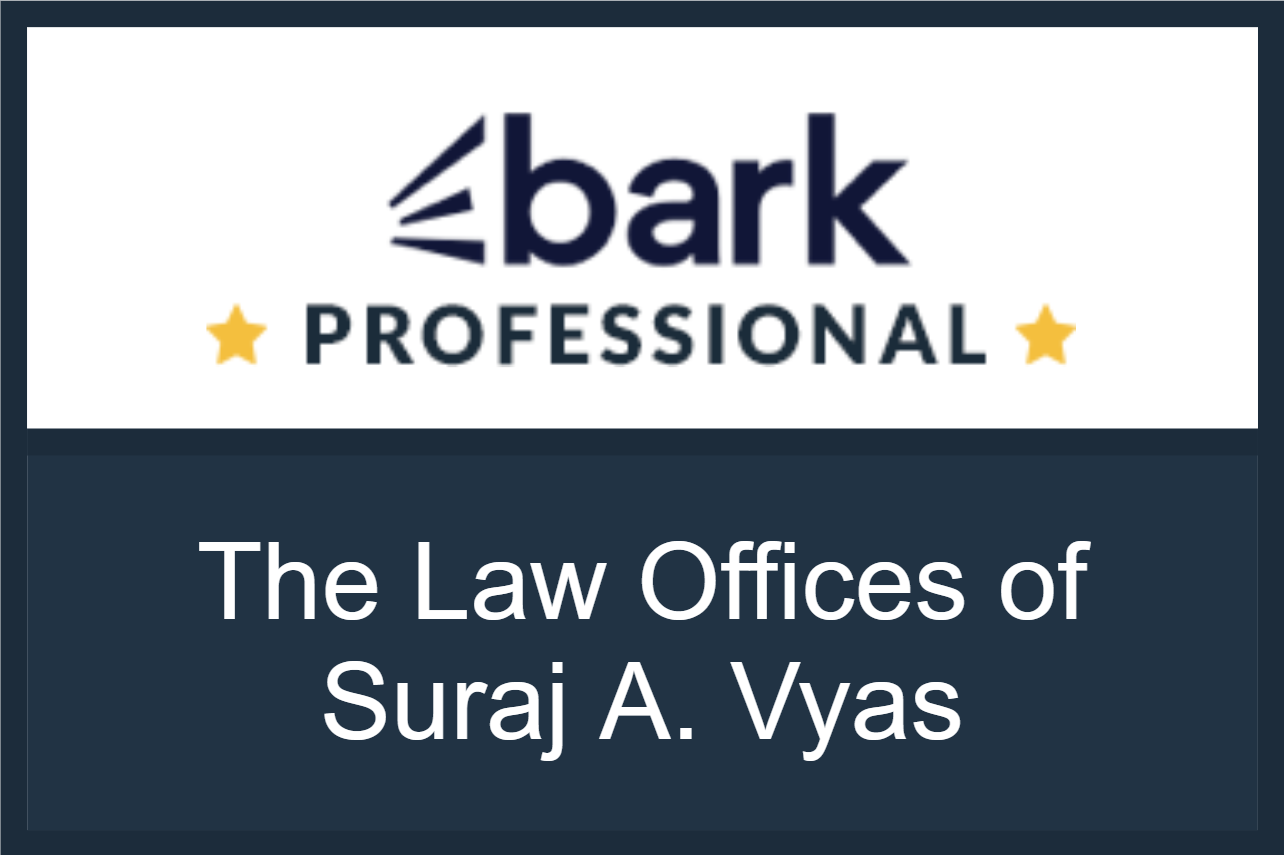By Suraj A. Vyas | 10 min read
Lots of COVID-19 blog posts focusing on staying home and how contractors can get through this pandemic, but there is another unrelated law that has recently gone into effect that businesses need to be paying attention to as well when they start rehiring after COVID-19 is long behind us: The “Ban the Box” Act. “Ban the Box” was enacted to prevent employers, with 15 or more full-time employees, from asking job applicants about their criminal history until the applicant’s first in-person interview. This applies to any work for pay and any form of vocational or educational training, with or without pay. This includes, among others, contractual, temporary, seasonal, or contingent work as well as vocational or educational training with or without pay.
A quick medical note: The virus people are being exposed to is SARS-CoV-2. The disease caused by SARS-CoV-2 is called COVID-19. I’m going to use COVID-19 throughout this blog post just because that’s what most people know it as and this is meant to be an easy-to-digest legal blog post for the masses more than a medically-sound post. For the most up to date information, visit the CDC and WHO websites. Back to the blog post:
In reality, this doesn’t change much in terms of qualifications you may be looking for when hiring individuals to work for you. It especially doesn’t affect you if you’re hiring in Baltimore City, Montgomery County, or Prince George’s County because they already have much stricter “Ban the Box” laws of their own in place. Baltimore City’s ordinance is probably the most restrictive as it applies to employers with 10 or more employees (as opposed to 15 or more) and prohibits employers from inquiring into an prospective employee’s criminal history until AFTER the employer makes a conditional offer of employment. Montgomery County’s ordinance also applies to employers with 15 or more employees, but it is more restrictive because criminal history inquiries are only allowed AFTER the first interview (as opposed to DURING the first interview). PG County’s ordinance applies to employers with 25 or more employees, but follows the same timeline as Montgomery County when it comes to asking about criminal history. Montgomery and PG County also impose a duty on employers to provide pre-adverse action notices and final adverse action notices to prospective employees when the employer intends to withdraw a conditional offer of employment based on the prospective employee’s criminal history.
This Act aims to give individuals who were convicted, charged, or arrested a chance to get their foot in the door and explain themselves. The “negative” case disposition that an employer sees might not tell the full story. I’ve successfully expunged close to 100 cases and arrests for my clients. These are people who have been wrongly charged (sometimes wrongly arrested and not even charged) who are missing out on job opportunities because applications are phrased unfairly towards them and before they even get a chance to explain their situation, employers have thrown their application in the trash.
This isn’t always the case with every employer (and certainly there are specific jobs that I understand cannot risk employing a person who may have been found innocent on a technicality), but it’s definitely true for the vast majority. The law does carve out specific jobs where this law does not apply. These include employers that provide programs, services, or direct care to minors or vulnerable adults. There is also an exception carved out for making a criminal record inquiry as a part of a requirement of (or authorized by) another federal or state law.
As you would expect, if you’re accused of violating this Act, you cannot retaliate or discriminate against the applicant or employee alleging the violation. I think one of the biggest violations of this Act will be companies asking questions over phone (or video) interviews. Those aren’t in-person. You can’t ask unless you are having an in-person interview. If the Commissioner of Labor and Industry determines you’ve violated the Act, the Commissioner will issue an order compelling compliance which then gives the Commissioner a right to fine you up to $300 for each subsequent violation. Click here for a link to the full text of the new legislation.
Keep in mind that if you’re hiring for job opening related to work under a federal contract, you still need to make sure you’re prepared to begin complying with the Federal “Ban the Box” law under the Fair Chance Act. This Act also has exceptions allowing for pre-offer criminal inquiries where criminal background checks are otherwise required by law OR where the contract requires the prospective employee to access classified information or to have sensitive law enforcement or national security duties. The Act plans to have more exceptions by April 2021 so it’s important you’re up to date on the latest.
If you haven’t already, make sure you’re in compliance by removing criminal history questions from your job applications and update any handbooks or procedures to ensure you aren’t asking about criminal history until that first in-person interview.
Learn more about this topic and get in touch with The Law Offices of Suraj A. Vyas through social media @SAVLawFirm












